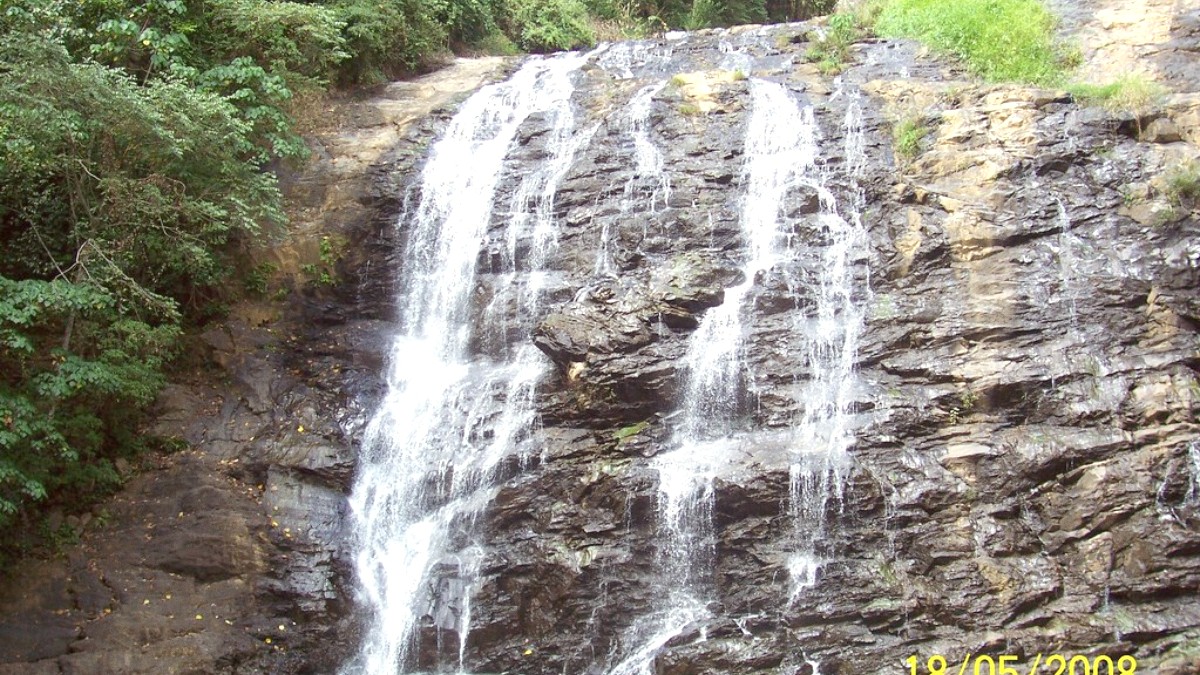
Karnataka, India
Summer (March to May): This period brings intense heat and high humidity. Temperatures regularly climb from 28°C to 38°C (82°F to 100°F). The air feels heavy and moist, making outdoor activities challenging during midday. Evenings offer little relief.
Monsoon (June to October): Mangalore receives heavy rainfall, often experiencing intense downpours and high humidity. Temperatures range from 24°C to 30°C (75°F to 86°F). This season transforms the landscape into lush green, but travel might face disruptions.
Beach Activities & Sightseeing: Plan your visit between November and February for the most comfortable weather conditions.
Cultural Festivals: Many local temple festivals, like the Mangaladevi Temple Dasara, typically occur in October or November, offering deep cultural immersion. During pre-monsoon (April-May) and post-monsoon (October-November), monitor local weather forecasts along the coast.
INR 1,500 - 3,000 / USD 18 - 36 daily
Basic guesthouses, budget hotels, dormitories.
Street food, local eateries, simple thalis.
INR 3,000 - 7,000 / USD 36 - 85 daily
3-star hotels, comfortable guesthouses.
Mid-range restaurants, occasional specialty dining.
INR 7,000+ / USD 85+ daily
4-5 star hotels, resorts with full amenities.
Fine dining experiences, international cuisine.
India offers various visa types including Tourist, Business, and Medical Visas. The e-Visa (electronic visa) holds widespread popularity for tourism. Citizens of over 160 countries qualify for the e-Visa, allowing entry through specific designated airports, including Mangaluru International Airport (IXE), and several seaports. Apply for an e-Visa online via the official Indian e-Visa website. Applicants upload a recent passport-sized photograph and a scanned copy of their passport bio page. Complete the payment online. Ensure you use the official government website to avoid scams.
E-Visa fees vary based on nationality and visa type (e.g., 30-day, 1-year, or 5-year), typically from USD 10 to USD 80. Upon arrival at Mangaluru International Airport, biometric data collection occurs, including fingerprints and a facial scan. Immigration officers might ask for accommodation details and proof of onward travel. India does not universally mandate specific health certificates beyond routine travel recommendations. A Yellow Fever vaccination certificate applies to travelers from or transiting through endemic areas.
Validity of at least six months from arrival date, with two blank pages.
Recent passport-sized color photo with white background, full face visible.
Onward/return ticket proof for immigration.
Evidence of enough money to cover stay expenses.
Applicable for travelers from endemic areas.
Managing your finances forms an important aspect of planning your Mangalore trip. Costs vary based on your travel style.
Here is an average for various categories:
While not mandatory, tipping for good service is appreciated. Several strategies also lower costs.
The local currency in Mangalore, and throughout India, is the Indian Rupee (INR). Costs vary significantly based on your travel style and preferences. Exchange major foreign currencies at the airport, authorized money changers, or major banks. ATMs are widely available across Mangalore.
Inform your bank about your travel plans to prevent card suspension. Credit and debit cards are accepted at most hotels, larger restaurants, and established shops. Smaller establishments, local markets, and street vendors typically prefer cash payments. Carry small denominations of INR for daily expenses.
Utilize local buses and shared auto-rickshaws for transportation. Mangalore's efficient private bus system presents a cost-effective way to move around. Eat at local "udupi hotels" or street food stalls for authentic, inexpensive, and delicious meals.
A cost-effective approach to travel, prioritizing local experiences and modest spending.
Daily Average: INR 1,500 - 3,000 (USD 18 - 36)
Expect basic accommodations and mainly local food.
A balanced travel style, combining comfort with local exploration.
Daily Average: INR 3,000 - 7,000 (USD 36 - 85)
Accommodation in 3-star hotels and diverse dining options.
Premium experiences, comfort, and personalized services.
Daily Average: INR 7,000+ (USD 85+)
Includes 4-5 star hotels, resorts, and fine dining.
| Traveler Type | Daily Average (INR) | Daily Average (USD) |
|---|---|---|
| Budget Traveler | 1,500 - 3,000 | 18 - 36 |
| Mid-range Traveler | 3,000 - 7,000 | 36 - 85 |
| Luxury Traveler | 7,000+ | 85+ |
Awareness of local conditions and preparation helps address common health and safety concerns for travelers in Mangalore.
Yellow Fever certificate for travelers from or transiting through endemic areas.
Routine vaccinations, Hepatitis A & B, Typhoid, Rabies. Consult a healthcare professional.
Traveler's diarrhea, mosquito-borne diseases (Dengue, Chikungunya, Malaria), heat exhaustion/stroke.
Prevention Strategies for Health
Drink only Bottled water from sealed bottles, filtered water, or boiled water. Never consume tap water. Eat hot, freshly cooked food. Avoid raw salads, unpeeled fruits, and street food that appears unhygienic or has been sitting out.
Wash your hands frequently with soap and water, or use an Alcohol-based hand sanitizer regularly, especially before eating.
Always carry a Compact travel first aid kit.
Mangalore has reputable hospitals: Kasturba Medical College Hospital (KMC), Father Muller Medical College Hospital, Indiana Hospital & Heart Institute.
Ambulance, Fire, Police: Dial 108. Police: Dial 100. Fire: Dial 101.
Purchasing comprehensive Travel insurance or SafetyWing is highly recommended, covering medical emergencies, trip cancellations, lost luggage.
Mangalore is generally considered safe. Petty crime, like pickpocketing, might occur in crowded areas. Violent crime against travelers is rare. No specific neighborhoods are identified as high-risk.
Conscious habits contribute to a secure travel experience.
Stay attentive to your surroundings, specifically in crowded areas and after sunset.
Store copies of documents on your phone and in cloud storage for easy access.
Share your itinerary and emergency contacts with family or trusted friends.